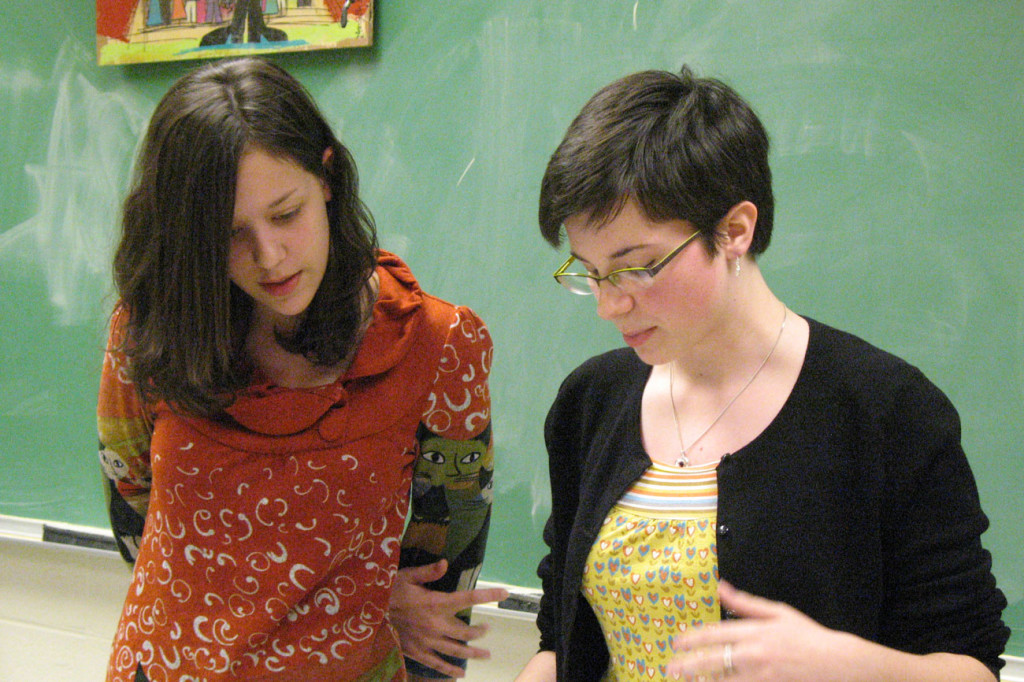Argument-Centered Education has a large and growing library of curricular resources – activities, lessons, writing templates and prompts, debating formats, assessments, grading rubrics – that are argument-centered, standards-aligned, and college-directed. We have created the vast majority of these resources ourselves, though we have also culled the best in argument-based resources publicly available. What we do with the curricular resources in our library is distinctive and important to our model.
In some cases teachers adopt and deploy argument-centered curriculum that we provide, but in most instances, Argument-Centered Education works with curriculum directors and specialists, departments, and individual teachers to argumentalize curriculum being taught in our partner-schools, and to carefully tailor and adapt applicable materials and resources from within our stock to fit them to the specific needs of our partner. This is a fundamentally collaborative process that builds buy-in from our partner-teachers, ensures that the curriculum will be implemented, and achieves maximal transformative impact. Together, we argumentalize a partner-teacher’s curriculum.
Teachers often have intellectual interests and passions that they want to bring to and share with their students. These are often among the main drivers of their decision to start and stick with teaching. Respecting of course the parameters established by district, network, or administrative curriculum guidelines, Argument-Centered Education’s approach harnesses rather than circumvents this motivational asset.

The collaborative work of curricular design is preceded by a close, scrupulous review of the curriculum of each partner-teacher or department – curriculum objectives, maps, plans, units, projects, activities, and assessments. This careful review helps ensure that argumentation is incorporated in a manner that is both properly fitted and enhancing of its rigor and college-directedness.
Argumentative writing is frequently a particular area of emphasis. Writing is often an area of relative weakness and can contribute to a gap in college readiness. About half of our designed curricular has a meaningful argumentative writing component.
Argument-Centered Education has collaboratively designed hundreds of pieces of curriculum, including these representative samples:
- In HS biology, a template-based argumentative writing project in which students analyzed mock data sets from Jan van Helmot 1643 experiments that led to the discovery of photosynthesis in order to critique or support his findings
- In a MS reading class, table debates on central interpretive questions on a series of young-adult graphic novels that required students to draw on visual as well as textual evidence
- In a HS global studies class, an argument building and argument exchange project on debatable issues pertaining to the 1989 Tiananmen Square massacre
- In a MS math class, an argument-centered questioning activity in which students had to track the arguments for a set of basic algebra solutions and in rebuttal to a group critiquing those solutions.
Our Resources page has a set of examples of argument-centered curriculum.

